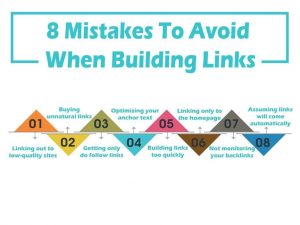Many businesses with IT systems hire experts to be in charge of in house data management systems. Whether it is simple or complicated, this is an area that is typically handled by a professional onsite or is outsourced to a professional data center to manage. As the number of people using the Internet and network-connected devices increases, business owners and executives must determine which is best for their company: in-house hosting or colocation. Yes, handling everything in house sounds like a solid plan; your IT infrastructure will be easy to maintain by always having full access to it. However, with the ratio of devices to people at 2:1 projected to increase exponentially, it is time to really dig deep into analyzing the data infrastructure of your company and decide which is better for your business. If you’re anticipating growth, this decision can be very vital.
No matter how simple or complicated your company’s data IT systems are, there are factors that can damage your system and/or lead to loss of data. Things to consider when deciding whether to stay with in-house hosting or move your data systems to a colocation facility include:
- The amount of space and storage for servers
- If a natural disaster occurs, will your data be protected
- What happens if there is a sudden power outage
- Heating and cooling requirements
While the advantages with flexibility and security are quite clear, it can also drive down maintenance costs, meaning you only have to pay for what you use. In other words, you have access to as little or as much storage space as you need. Also, there is no longer the need to maintain and manage an in-house server.
Over time, as society becomes more and more “mobile,” the need for more servers to hold and store your data will naturally increase. Knowing this information, what are you going to do to protect yourself, your data and your company?
Digital & Social Articles on Business 2 Community
(262)
Report Post
![The Business Case for Data Protection [Infographic] The Business Case for Data Protection [Infographic] image DS OwnsvsBuyInfographic Web7.jpg7](http://www.onlinesalesguidetip.com/wp-content/uploads/2014/12/DS-OwnsvsBuyInfographic-Web7.jpg7_.jpg)







